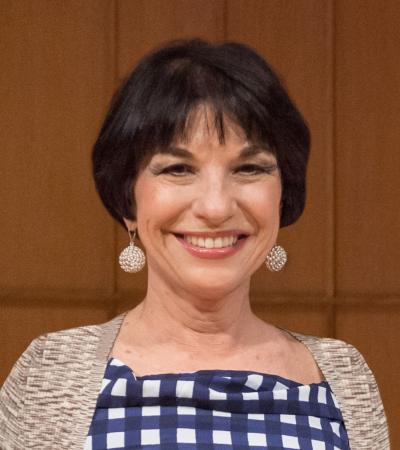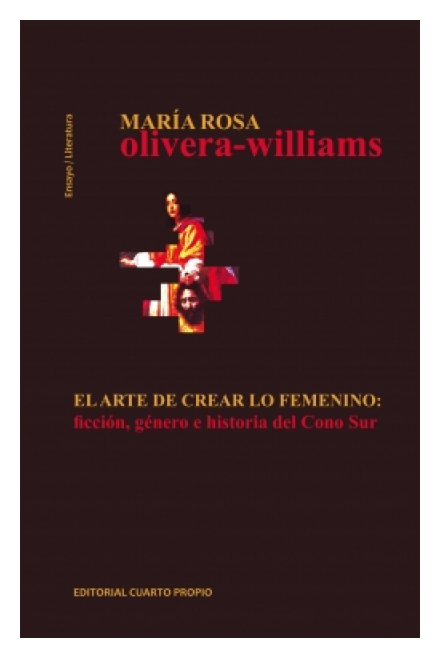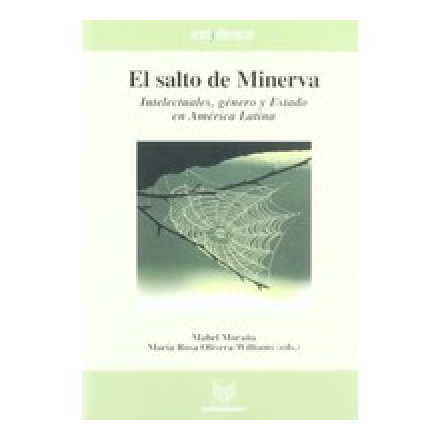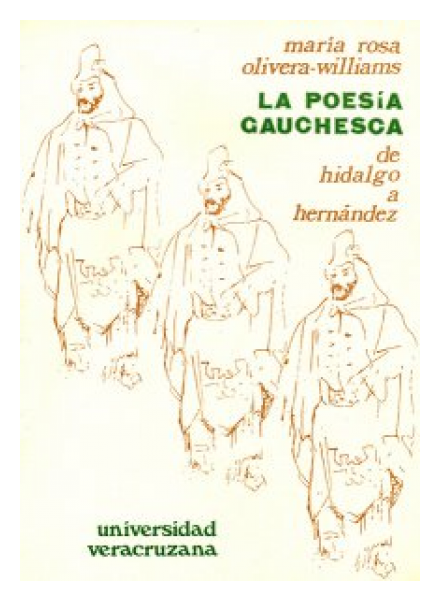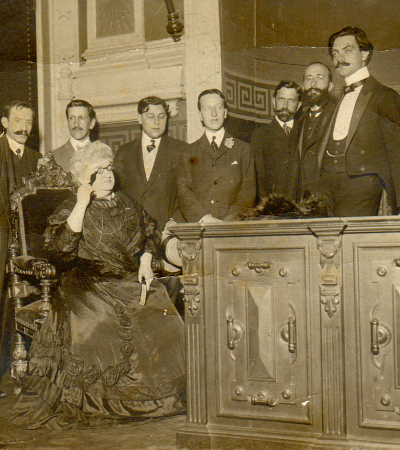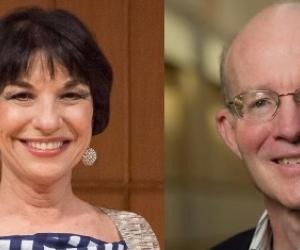Maria Rosa Olivera-Williams is Professor of Spanish and Latin American Literature at the University of Notre Dame. Her research interests center on the representations of subjectivities and national identities in modern and contemporary Latin American cultural production; artistic projects from the Southern Cone; and issues of dictatorship, democratic transition, and traumatic memory. Olivera-Williams has been a Kellogg Institute faculty fellow since 1988.
Olivera-Williams received a J. William Fulbright Research Award for her current work “The Rhythms of Modernization: Tango, Ruin, and Historical Memory in the Rio de la Plata Countries." This book-length monograph studies tango as music, poetry, dance, and interpretation and as a symbol of Argentina’ and Uruguay’s uneven processes of modernization.
Representations of subjectivities and national identities in modern and contemporary Latin American cultural production; artistic projects from the Southern Cone; issues of dictatorship, democratic transition and traumatic memory
“The Rhythms of Modernization: Tango, Ruin, and Historical Memory in the Rio de la Plata Countries,” funded by a J. William Fulbright Research Award. This new project questions how tango, the popular Rio de la Plataphenomenon that encompasses music, dance, and lyrics, became the embodiment of modernization and a strong national symbol of Argentina and Uruguay.
Journal Articles
Books
Book Chapters
- Luksic Family Collaboration Grant (2017-18): "niversity and Catholicism: Memory Studies as a Project of Cultural Politics"






